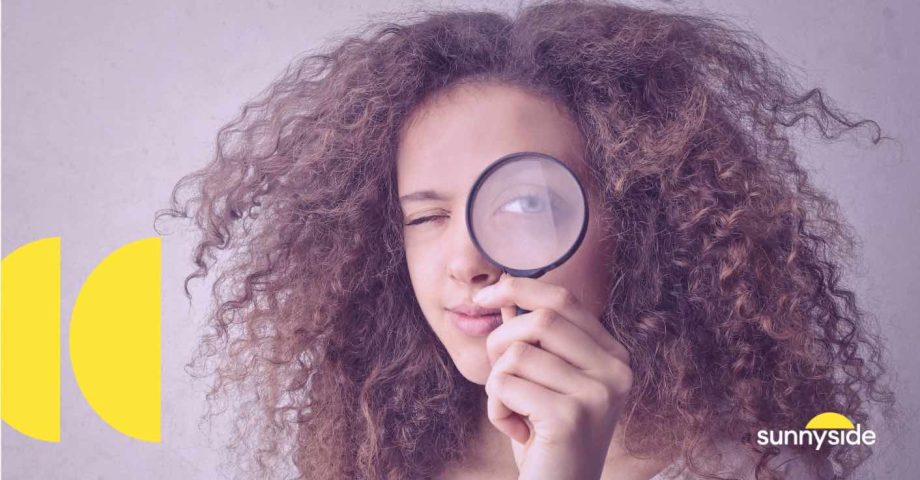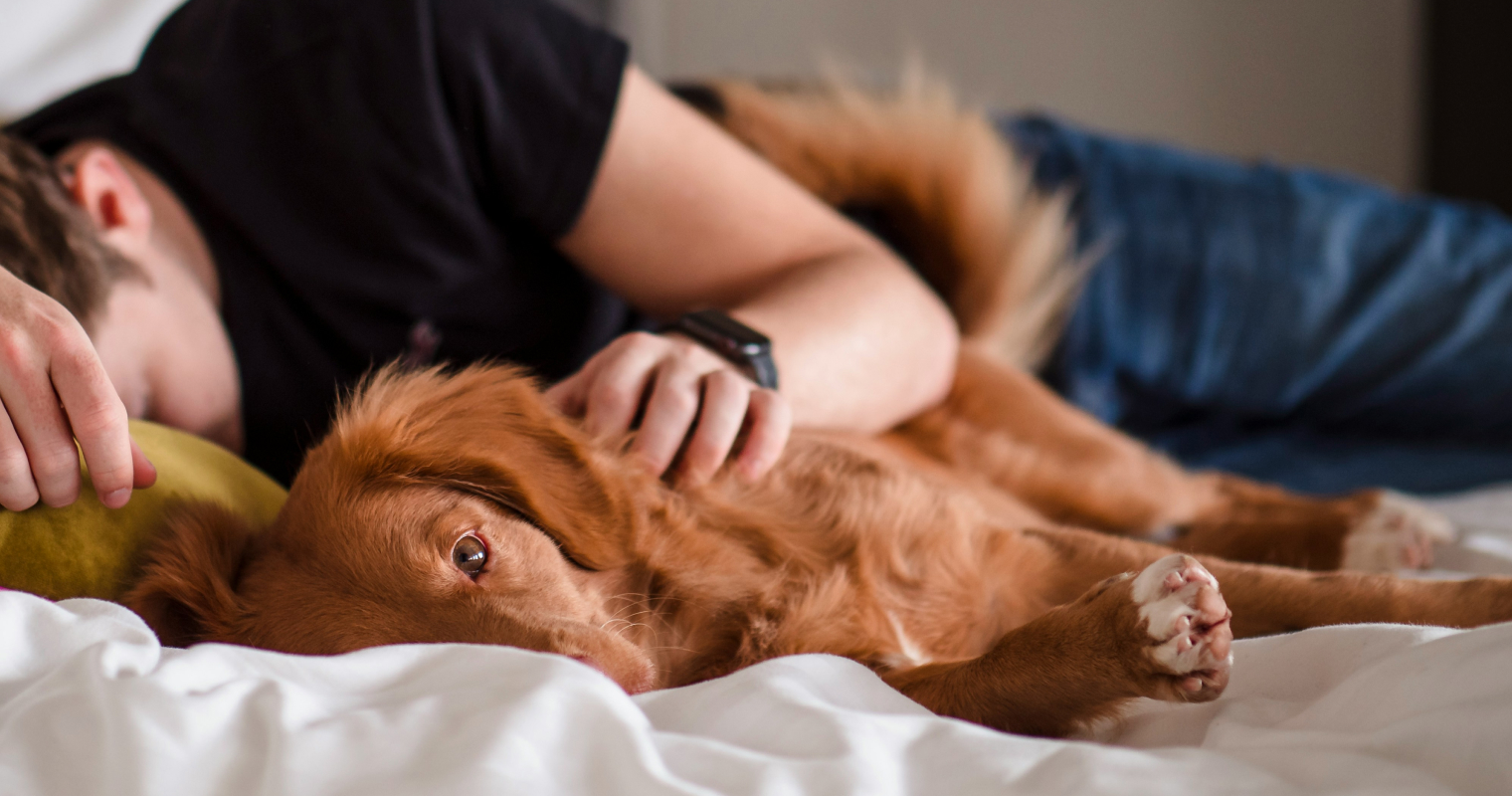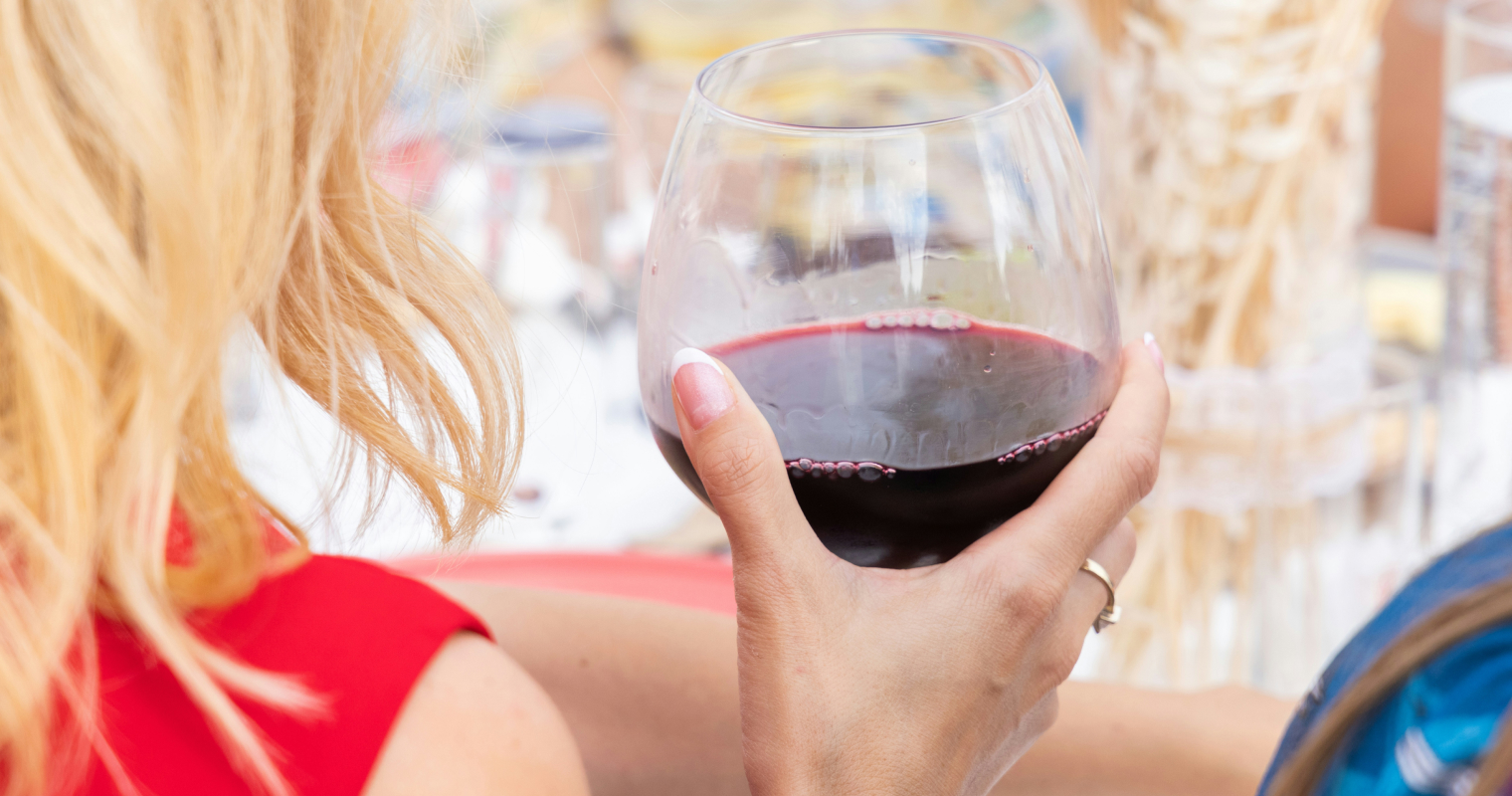Last Updated on September 5, 2023
A bad day at work, a fight with your partner, or just the monotony of everyday life can all lead us to drink — maybe without even thinking about it.
We live in a world where grabbing a drink is the norm for socializing, celebrating, or coping with stress. So changing these habits, especially if they’re unconscious, doesn’t come easy. With some self-reflection, though, you can identify your drinking triggers and learn strategies to overcome them.
Ready?
5 Common Drinking Triggers
Take a look and see if you identify with some of the most common drinking triggers:
1) Routine and Boredom
Maybe it starts with wanting to unwind after work and believing a drink will help, but it can easily lead to a habit of reaching for a drink without even realizing it.
Take Alex, for example, who says drinking has become part of his daily routine. “I get home, pour myself a drink, and lay on the couch to watch something or scroll on my phone. Somehow, by the end of the night, there’s always at least two or three empty beer bottles on the coffee table.”
2) Social Pressure
Emma, a grad student, says she often drinks more than she wants while out with friends. “It’s hard to say no when everyone else is drinking — you don’t wanna be the downer. Plus, it draws all this attention to you and people start asking you questions, it’s awkward. It’s just easier to drink.”
Unless you’re confident with your decision to drink mindfully and express your boundaries, hanging out with friends who drink excessively can have a huge impact on how much you drink. Maybe you just want to go with the flow, but it can easily lead to more than the recommended amount of drinks.
3) Environmental Cues
Our subconscious is powerful. We might not consciously acknowledge the pub we just walked by or the terrace full of people having a glass of wine, but our brains caught it. These cues can add up over the day, and all of a sudden we’re craving a glass.
Being in a certain environment can trigger us. Like Lisa, she finds it hard to resist all the temptations around her. “I travel for work and I’m constantly at restaurants or on planes — where I’m used to ordering a drink to calm my nerves. And if I see other people ordering a drink at a restaurant or event, I pretty much always go along with it. It never seems like a big deal at the time, but if I actually count how many drinks I had all week, it could easily be 15. ”
4) Unhealthy Lifestyle
Stress, a poor diet, and not enough sleep or exercise are naturally going to mess with our hormones and can lead to alcohol cravings.
Javier caught himself falling into a rut, “I was always tired, always stressed, and I just started drinking and going out more for some relief. So instead of hitting the gym, cutting back on work hours, or going to bed earlier, I think I did the exact opposite of what my body needed — but I just didn’t have energy and drinking was kind of the easier option. I ended up gaining 15 pounds and I’m just starting to slowly work on it now.”
5) Negative (and Positive) Emotions
Managing relationships, work-life balance, family, friends, and financial struggles isn’t easy. It also gets more difficult when we turn to something to distract ourselves.
Sarah, a graphic designer, found herself doing just that after a break-up. “I work from home a lot and I noticed I would just grab a drink whenever a painful memory popped up. Loneliness gets to me, too. I think I try to numb it all or distract myself with a few glasses of wine — but I justify it by saying I need something to take the edge off, or that I work a lot and I deserve it.”
And while we usually think it’s just negative emotions that lead us to drink, whether out of habit or for comfort, positive emotions also affect our drinking habits. Let’s say you got a promotion, or you’re celebrating an anniversary or birthday, or you’re just having a good day and want to appreciate the moment with a drink. These are all moments to mindfully choose whether or not we want a drink or it’s just a habitual or emotional response.
How To Overcome Your Drinking Triggers
Changing habits takes time, patience, and a whole lot of self-compassion. But little by little, you can make progress. Here are some ideas to get you started:
1) Routine and Boredom
To break a rut, you don’t usually have much choice except to try something different. Think about something new you can try this week — and don’t wait for motivation to come, you just have to take action now.
It could be a potential hobby you want to give a try. Sign up for a a class or buy what you need to try something at home, such as; cooking, painting, exercising, sports club, dancing, language or skill learning, photography, etc.
When it comes to your routine, think carefully about something you could add (or take away). What obstacles are in your way from making a change? Set a SMART goal by choosing something small enough that it’s manageable but could lead to a domino effect.
For example, to curb boredom and late-night snacking or drinking, you could go for a light walk after dinner or before bed. That way, you’re away from screens, moving your body, breathing more relaxed, avoiding social media comparisons or couch potato time, and getting endorphins going — all of which are going to naturally curb cravings by putting you in a different environment as well as mental and physical state.
Learn how to feel better without being sober2) Social Pressure
When it comes to social pressure, first decide what your boundaries are and learn how to communicate them. That means becoming confident in your decision and being assertive about your boundaries if needed.
Also, think about telling friends and family that you’d like their support. A community that lifts you up and offers positive encouragement can make a huge difference — you can also get this through support groups and therapy if needed.
3) Environmental cues
Think about your specific triggers and the areas of your environment you have control over, for example:
- Remove all alcohol from the house
- Adjust advertising settings on social media and mute people who post themselves drinking or partying
- Take a new way home or leave work early to avoid drinks with coworkers (or prepare ahead of time with a mindful plan)
- Invite friends to do alcohol-free activities
- Go to new restaurants or bars that your brain doesn’t associate with drinking and order a non-alcoholic drink instead to build a new pattern
4) Unhealthy Lifestyle
Changing our entire lifestyle sounds overwhelming and impossible — usually because we think we need to do a total 180. Luckily, that’s not the case. Remember, even the tiniest change creates a domino effect and spills over to other habits (and it builds our self-confidence, too).
To start, think of a super small and easy goal you can set for yourself and ask yourself what you need to do to make it happen. For example, what will it take to go to bed 30 minutes earlier? Or to add one extra serving of veggies to every dinner this week? What about making a protein-filled breakfast for yourself to support your hormone regulation for the day?
5) Negative (and Positive) Emotions
Keep observing your drinking patterns and give yourself time to notice what your triggers are. Then, open your mind to think of healthier ways to cope, such as:
- Creating a community of support by telling friends or joining support groups
- Becoming a self-learner with books and articles, and scheduling regular therapy to learn new tools for managing your emotions
- Celebrating your small wins and creating positive reinforcement
It’s also important to remember that negative emotions are healthy — you don’t have to numb them. These emotions exist for a reason; they tell us what’s working and what isn’t. Just think, if you never got angry at your terrible boss you’d probably never have the motivation to apply for new, better work.
Finally, don’t forget about speaking to yourself compassionately if you “slip up”. If a harsh inner critic hasn’t been working for you all these years, it isn’t going to start now. We all need support, encouragement, and compassion to forgive ourselves, learn our lessons, and move forward.
Get tips for moderationHow Sunnyside Can Help
Sometimes, we don’t even realize we’re running on autopilot and responding to our drinking triggers. But with the Sunnyside app, you can track your habits and clearly monitor your progress. You can become more aware of your patterns and learn what goals are realistic. You also get expert tips to change your drinking habits and a community of support.
With awareness, accountability, a personalized plan, and encouragement from a community and professional help, you can work toward long-term habit change.




